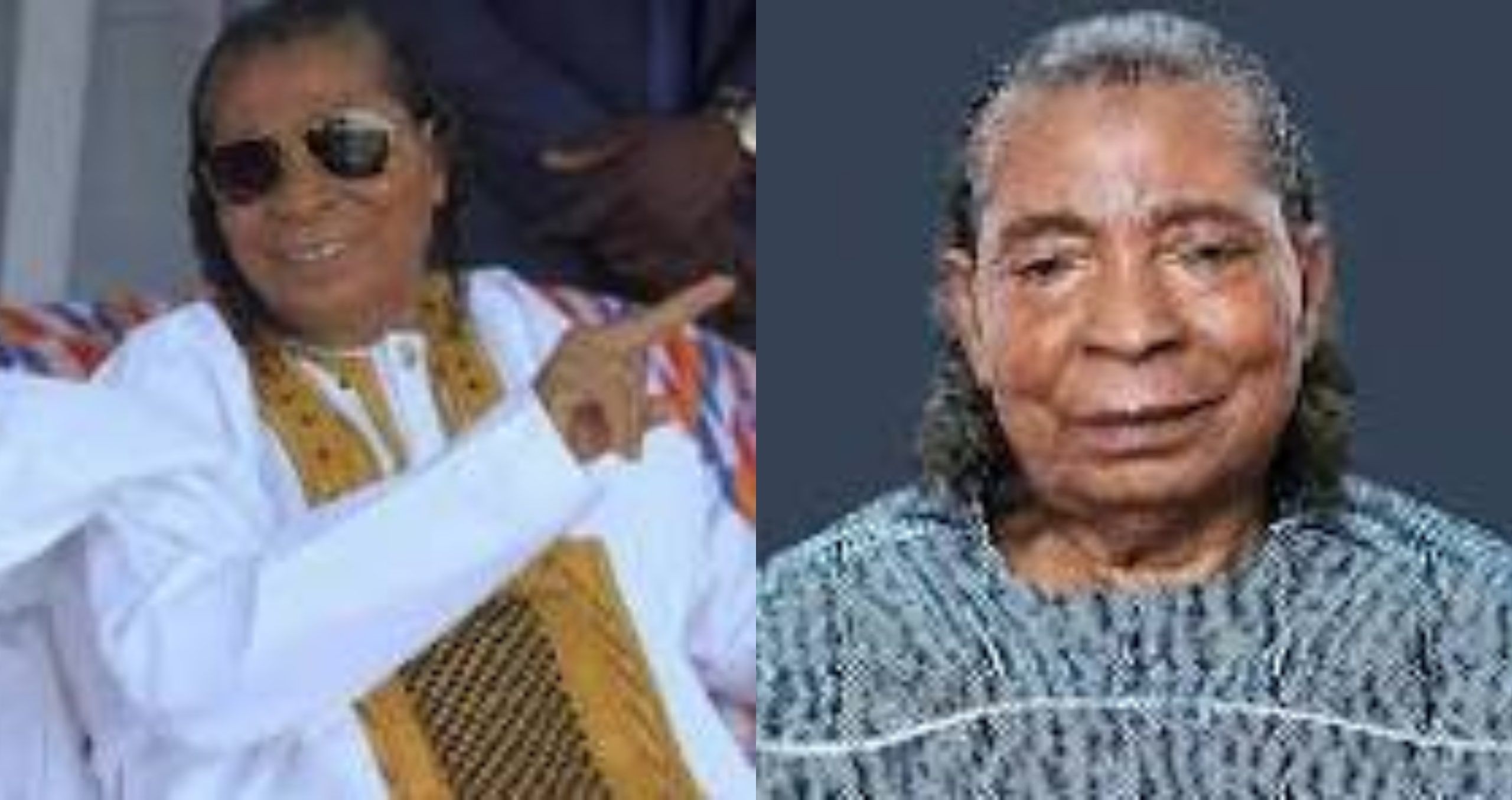
In a nation rich with scholars and leaders, the passing of Dr. Apostle Kwadwo Sarfo has left a uniquely profound impact, prompting discussions that transcend academic accolades and traditional politics. Dr. Sarfo, a man who never sought political office, distinguished himself in ways unmatched even by those holding advanced degrees in engineering and other sciences. His life’s work and visionary contributions earned him the rare honour of a state burial, a recognition often reserved for the most influential figures in Ghanaian history.
Dr. Apostle Kwadwo Sarfo was not a conventional scholar by academic standards. Unlike many who attain fame through university plaques or political exploits, Sarfo’s genius lay in his spiritual leadership and community transformation. As a powerful religious leader and founder of a widespread ministry, he inspired hope, unity, and social development in countless communities across Ghana. His sermons were not just messages of faith, but calls to action mobilising resources and people to build schools, improve healthcare facilities, and foster youth empowerment programs.
What sets Dr. Sarfo apart was his ability to bridge traditional beliefs with modern societal needs without relying on political power or formal academic titles. Many engineers and scholars operate within technical confines, but Sarfo’s impact was tangible in everyday life, reaching the hearts of the common people who often felt neglected by the formal structures of government and education. His ministry became a catalyst for practical development and moral resurgence, making him a beacon of hope, especially in underserved regions.
The decision to grant Dr. Apostle Kwadwo Sarfo a state burial was not made lightly. Normally, such honours are deeply intertwined with political recognition or scholarly achievement. However, Sarfo’s contribution was different—his work transformed communities, healed divisions, and uplifted lives through faith-led initiatives. The government respected this unique legacy and offered a state burial as a symbol of national gratitude and acknowledgement of his extraordinary impact.
Yet, the state only performed this honour with the consent of his parents, reflecting Ghana’s deep respect for family wishes and cultural traditions. Despite his national stature, the government’s sensitivity ensured that ultimate respect was paid to his immediate family’s choice during such a solemn moment.
Dr. Apostle Kwadwo Sarfo’s passing is a reminder that greatness comes in many forms—not just through degrees or titles, but through the power of vision, faith, and altruism. Ghana has lost a giant whose legacy will continue to inspire generations beyond formal academia or politics.
Would you like a more detailed exploration of his major community projects or insights from people who knew him personally?




